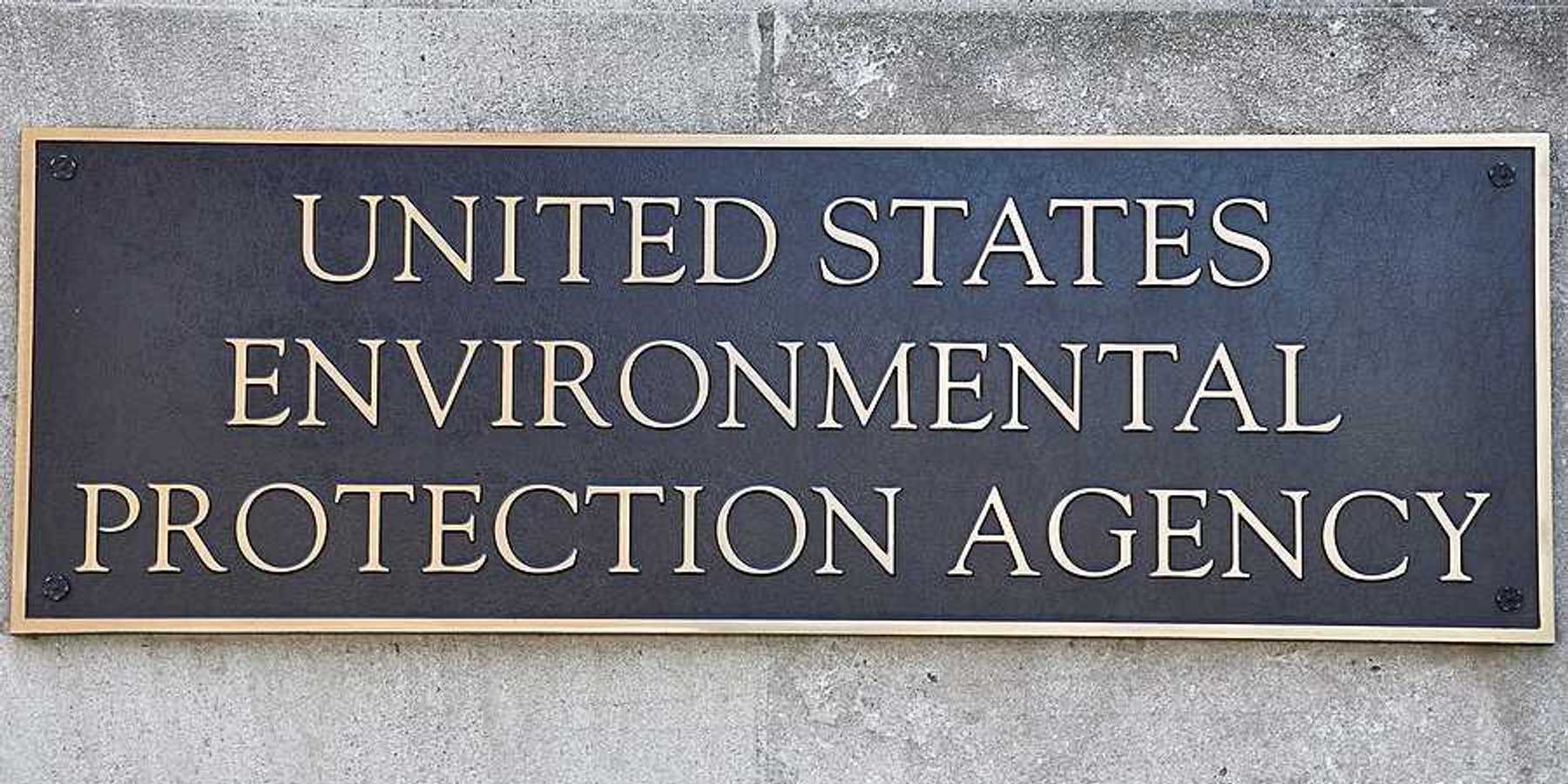19 July 2024
Hot weather poses new threat to salmon migration
Record-high temperatures in Washington state threaten the migration of sockeye salmon in the Columbia River Basin, raising concerns among fisheries managers about the future of these fish.
Jennifer Yachnin reports for E&E News.
In short:
- A heat wave has pushed water temperatures in the Columbia River Basin above the 68-degree threshold preferred by sockeye salmon.
- The Okanogan River, a critical path for migrating sockeye, has seen temperatures near 83 degrees, risking the fish's journey to spawning grounds.
- Fisheries managers are considering interventions like trucking fish upstream to help them bypass dangerous thermal barriers.
Key quote:
“Those water temperatures are warmer than ever this year. Literally, they’re almost too warm to swim in.”
— Tom Iverson, regional coordinator for the Yakama Nation Fisheries
Why this matters:
Warmer water can severely impede salmon migration, threatening the species' survival and impacting ecosystems. Long-term climate trends could make these heatwaves more frequent, challenging conservation efforts.













